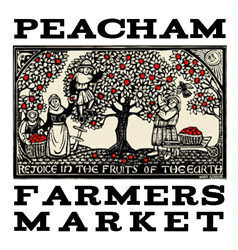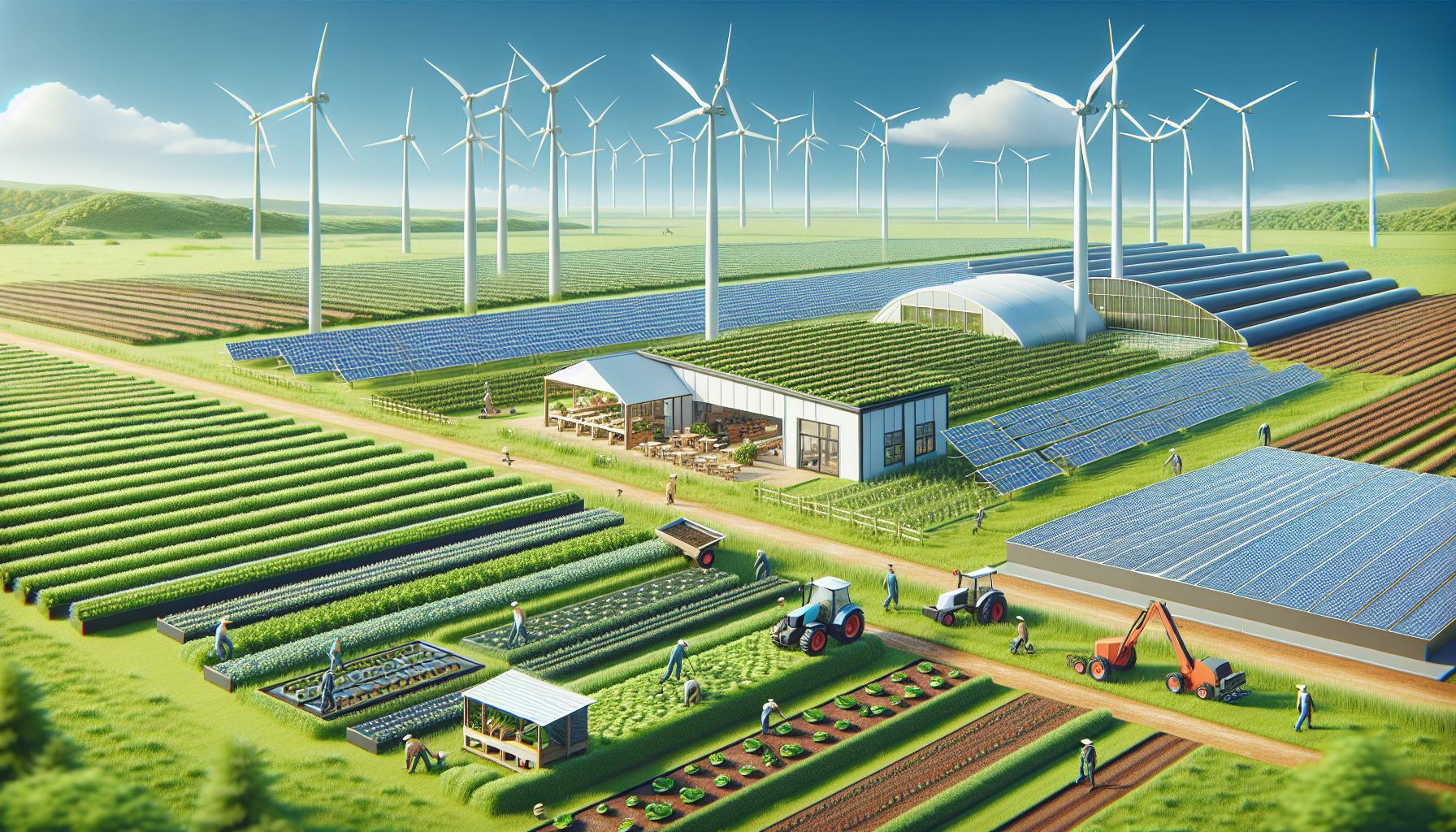Farming has been a vital part of human civilization since the very beginning. It has shaped economies, established societies, and provided food for sustenance. However, with the increasing demand for food in today’s world, farming practices have undergone significant changes, leading to both positive and negative consequences. In this blog post, we will explore the latest trends in sustainable agriculture, the challenges faced by modern farmers, and the impact of farming on the environment.
 Sustainable agriculture is a term that has gained immense popularity in recent years. It is a farming practice that focuses on the long-term health of the soil, water, and air, while also considering the economic and social aspects of farming. One of the latest trends in sustainable agriculture is the use of technology. Farmers are now using advanced equipment such as GPS guided tractors and drones to increase efficiency and reduce environmental impact. Technology has also enabled precision farming, where crops can be grown in specific areas based on the land’s characteristics, resulting in better crop yields and reduced resource use.
Sustainable agriculture is a term that has gained immense popularity in recent years. It is a farming practice that focuses on the long-term health of the soil, water, and air, while also considering the economic and social aspects of farming. One of the latest trends in sustainable agriculture is the use of technology. Farmers are now using advanced equipment such as GPS guided tractors and drones to increase efficiency and reduce environmental impact. Technology has also enabled precision farming, where crops can be grown in specific areas based on the land’s characteristics, resulting in better crop yields and reduced resource use.
In addition to technology, sustainable farming practices also include crop rotation, cover cropping, and reduced tillage. These methods help maintain and improve soil health, prevent erosion, and reduce the need for chemical fertilizers and pesticides. Some farmers have also adopted eco-friendly techniques like agroforestry, where trees and crops are grown together to promote biodiversity and restore degraded land. These practices not only benefit the environment but also have a positive impact on the farmers’ livelihoods by reducing input costs and increasing productivity.
However, despite the rise of sustainable farming practices, modern farmers face numerous challenges. One of the most significant hurdles is the unpredictable weather patterns caused by climate change. Extreme weather events like floods, droughts, and storms have become more frequent, making it difficult for farmers to plan their crops and resulting in crop failures. Another challenge faced by farmers is the increasing cost of inputs such as seeds, fertilizers, and machinery. This makes it challenging for smaller farmers to compete with larger industrial farms that have access to more resources.
Moreover, the impact of farming on the environment cannot be ignored. The use of chemical fertilizers and pesticides has led to soil degradation and water pollution, threatening the long-term sustainability of agriculture. The depletion of natural resources and loss of biodiversity are also significant concerns. Hence, it is crucial for farmers to adopt sustainable practices not only for their economic benefit but also for the planet’s well-being.
As we move towards the future, sustainable farming will play a crucial role in ensuring food security and protecting the environment. Through conscious efforts by farmers and support from consumers, we can create a more sustainable food system. Consumers can make a positive impact by choosing to purchase food from local farmers who practice sustainable agriculture. This not only supports the local economy but also encourages farmers to continue their sustainable practices.
In conclusion, farming has come a long way from traditional methods to adopting sustainable practices. The latest trends in sustainable agriculture, such as the use of technology and eco-friendly techniques, are promoting more efficient and environmentally conscious farming. However, it is essential to address the challenges faced by modern farmers and work towards a more sustainable food system. Let us all do our part and support farmers who are striving to make a positive impact on our planet through sustainable farming. After all, a healthy environment leads to healthy food, which ultimately leads to healthy individuals.

